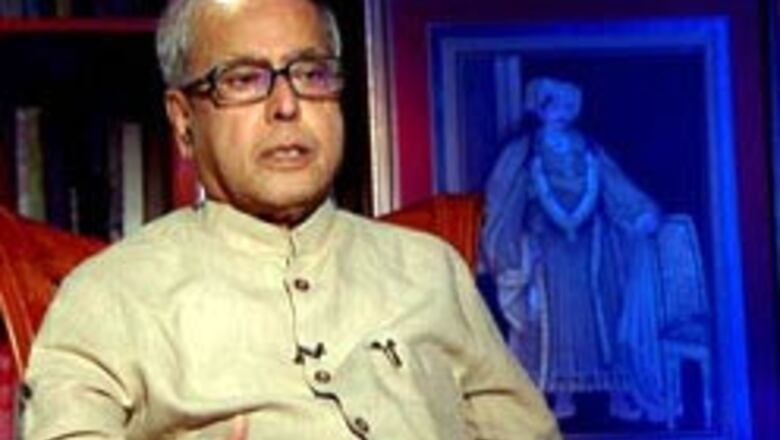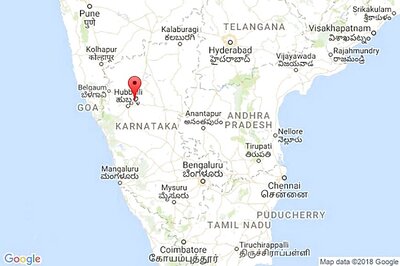
views
New Delhi: As the Indian economy continues to grow at an enviable pace, there is no other choice in addressing the mounting energy needs than nuclear power, External Affairs Minister Pranab Mukherjee said during an impassioned speech in Parliament Monday.
Participating in the debate following a confidence motion moved by Prime Minister Manmohan Singh in the Lok Sabha, Mukherjee said only nuclear energy had the potential to bridge the energy deficit in the country - expected to touch a staggering 150,000 megawatt by 2030 and 412,000 megawatt by 2050.
Even if alternative sources like hydro-electric projects and non-conventional energy were to be tapped to the fullest extent, this deficit cannot be adequately bridged, added Mukherjee, who is also the leader of the lower house.
“We have no other choice.”
India - which has been growing at over nine percent in the past three years - has a current electricity capacity of 144,560 megawatt, with some 78,000 megawatt more targeted to be added during the 11th Five Year Plan till March 2012.
Mukherjee said India should follow the example set by the French, who started building their nuclear energy capabilities after the oil crisis of the early 1970s.
“Thirty-four years later, 79 per cent of the energy in France comes from nuclear power.”
He also said there was a valid reason why some countries like the US - with whom India is negotiating a pact to recommence nuclear commerce after it was halted following the nuclear tests of 1998 - were not opting for this clean energy source.
“They are all floating in oil,” Mukherjee said, adding, “Their primary energy resources are much more than ours.”
He said hydroelectric power projects, which some experts have been recommending, could come only at a cost. “There'll be massive deforestation and displacement. They will be strongly resisted over environmental issues.”
Mukherjee said even if one were to look at coal - which is not considered an environmentally clean source, the quality and the quantity of the commodity was not sufficient to address future demand.
“All our ports will prove inadequate to import the coal required. Look at the kind of capacity we will have to build,” he said. “Search your hearts and ask yourselves what is good.”

















Comments
0 comment